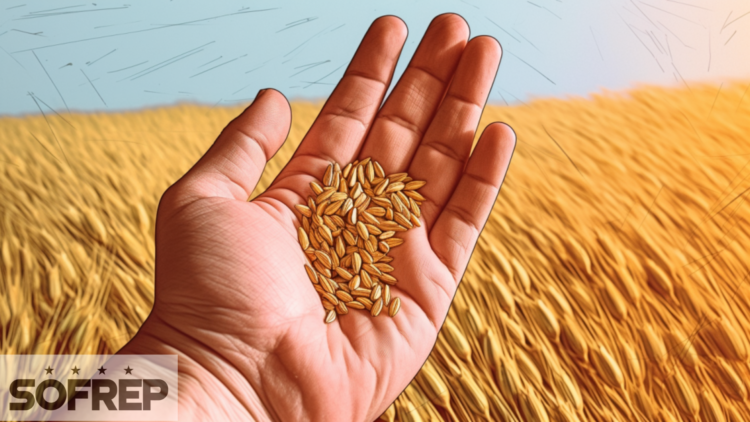French Foreign Minister Catherina Colonna criticized Poland’s ban on Ukrainian grain, characterizing it as unjustified. Colonna pointed to an EU study indicating that Ukrainian grain imports posed no significant threat to the European market or its farmers. She suggested that internal political considerations might be influencing some EU member states to take a stance contrary to the economic data.
Political Undercurrents in Poland
The grain issue is of particular sensitivity in Poland, where elections are scheduled to take place soon. The Law and Justice party, a populist right-wing government, enjoys strong support in farming regions, and its handling of this dispute could have electoral implications.
Prime Minister Morawiecki defended Poland’s position, emphasizing the country’s longstanding support for Ukraine. He expressed the hope that Ukraine would understand Poland’s interests in protecting its farmers. However, Ukraine responded by announcing its intention to lodge a complaint with the World Trade Organisation (WTO) over the matter.
Poland, in turn, cautioned against using international forums or legal proceedings to resolve bilateral differences, emphasizing the need for constructive dialogue.
Lithuania’s Diplomatic Intervention
Shortly after, President Gitanas Nausėda of Lithuania assumed the role of a peacemaker, urging the presidents of Ukraine and Poland to swiftly address their differences in the interest of regional security.
Recognizing the critical importance of Poland’s support for Ukraine and the broader goal of safeguarding Europe from Russia’s aggressive expansionist policy, Nausėda emphasized the need for a speedy resolution to the ongoing dispute.
BREAKING:
Zelensky, Duda & Nauseda have met in New York City to calm down emotions.
The Lithuanian President is mediating between Poland & Ukraine.
He said that unity is needed not just for the security of individual states, but for the entire region.#LublinTriangle
🇵🇱🇱🇹🇺🇦 pic.twitter.com/0FSw1ooB2i
— Visegrád 24 (@visegrad24) September 21, 2023
He also noted that this issue transcends the interests of individual states, highlighting that it pertains to the security of the entire region, if not the entire continent.
Moreover, Nausėda stressed the historical precedent of collective efforts and mutual support as the most effective means to counter external threats, warning that public disagreements, regardless of their origins, could inadvertently aid Russian propaganda efforts.
In addition to diplomatic appeals, the Lithuanian president also discussed practical solutions, including simplifying grain transport through Poland and increasing transit through Lithuania, to help mitigate the escalating tensions.
Alliance at a Crossroads: Ukraine’s Challenges and Poland’s Priorities
As the dispute unfolds, both countries find themselves at a crossroads, testing the resilience of their alliance. Ukraine’s efforts to retake Russian-occupied territory and rebuild its nation depend on the support of key allies like Poland. However, Poland’s shifting priorities, particularly its decision to halt weapons transfers to Ukraine, may signal a reevaluation of its commitment to the Ukrainian cause.
While the grain dispute may seem like a minor issue, it has the potential to strain the relationship between these two nations, disrupt the flow of humanitarian aid, and have broader implications for EU trade policies. As Ukraine seeks international support to confront Russia’s aggression, finding common ground with its allies, particularly Poland, becomes paramount.
The resolution of this dispute will be closely watched, not only by these two countries but also by the international community. It serves as a reminder of the complex web of interests and relationships that shape geopolitics in Eastern Europe.










COMMENTS